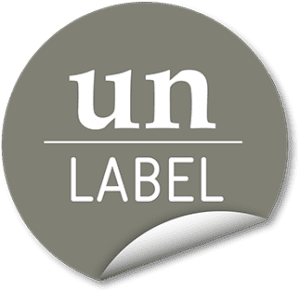Who Are You?
What words describe you? If someone did not know you at all—how would you describe yourself? You could probably make a long list of things. People are not one-dimensional. And even if most of the time you are one way, in certain situations you might be the opposite. Let’s say most of the time you are a peacemaker—but if someone makes fun of your sister, you will pick a fight with them. There may even be things about you that seem to be opposites—but they are both there inside your character.
 You might have a lot of skill in math and science—but when it comes down to it, you could spend all your days just drawing with a charcoal pencil. I think you get it. People have many sides to them. And in one snapshot of their lives—they are one way—at another stage they might have left certain things behind and now there are new adjectives to describe who they are.
You might have a lot of skill in math and science—but when it comes down to it, you could spend all your days just drawing with a charcoal pencil. I think you get it. People have many sides to them. And in one snapshot of their lives—they are one way—at another stage they might have left certain things behind and now there are new adjectives to describe who they are.
All this being said, what does it mean to get a mental health diagnosis? Is this now something else that describes you? Does it put a damper on your life—what does it mean when someone uses a word to describe you? He’s a depressed guy. She is an anxious girl. Sometimes when people use labels on you, it feels like a condemnation. Maybe it feels to you like they are really saying, He’s depressed—that means he is weak, no good, a failure at life, and he’ll never amount to anything. Maybe it feels like they are really saying, She’s anxious—that means she worries too much for no good reason, she takes everything seriously, and cries and complains too much about everything.
Think a minute, though. Are those things true? Is it really possible that you were something else—and now this label makes you a one-sided person?
 A diagnosis can feel like a label, and sometimes labels make us feel so very small, or as if we are doomed to some fate we did not choose.
A diagnosis can feel like a label, and sometimes labels make us feel so very small, or as if we are doomed to some fate we did not choose.
In medicine, a more humanizing way to talk about any illness is this: instead of saying, “Sally is a depressed 15-year-old girl,” we say, “Sally is a 15 year-old girl who has depression.” Does using language that’s a little bit different really make that much of a difference?
Yes! The difference is that Sally is a multi-dimensional person, and the fact that she has depression is only one part of her experience and life.
Some people do not want to get help because they don’t want to wear a label. Here’s the truth: no one is a label. For the sake of figuring out how to help people, sometimes medical people will use categories or labels so they can formulate a plan to help someone. But in the patient’s real life, everyone’s illness is unique and different, has a different course, and could have been caused by different factors. Using these labels is a simple way to talk to each other so we can communicate and try to help. Remembering each person is unique and not a label is always something to keep in mind.
Have you ever felt ashamed of being labeled as being sick or “mentally ill”? What strategies did you use to cope with this?




Recent Comments